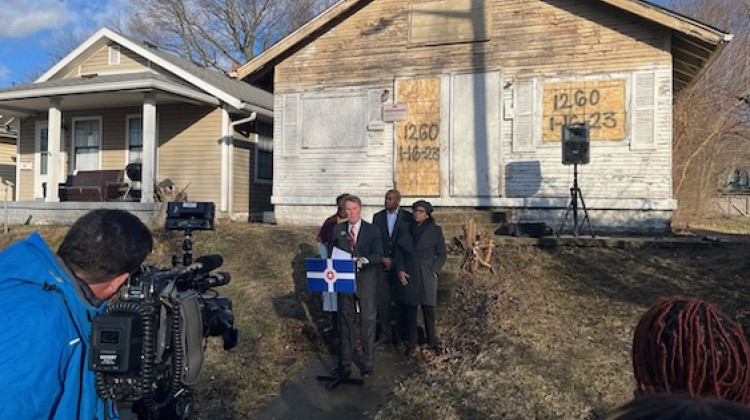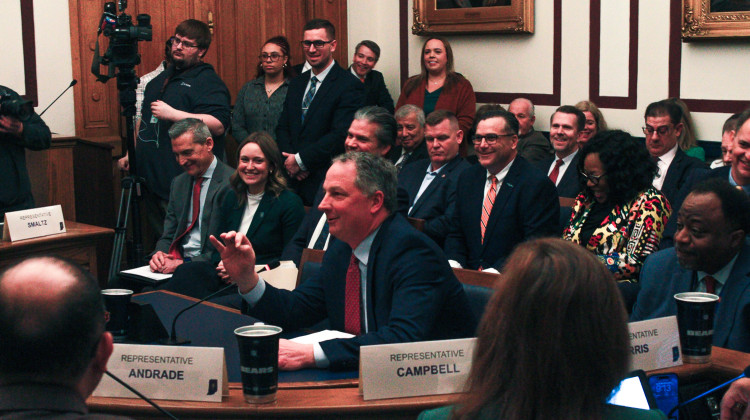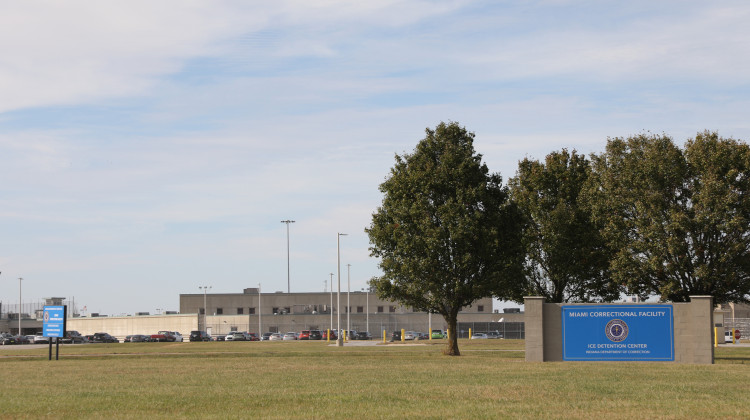The city has launched a new continuous vacancy program in hopes of bringing more than 150 properties back into compliance. The Department of Business and Neighborhood Services leads the effort through the city's Unsafe Building Plan.
The plan follows state law allowing vacant homes that are particularly unkept or rundown to receive repair orders from the city that request property improvements. Repair orders last for up to two years, at which time they can be refiled, or a property might qualify for demolition.
Dawn Olsen, communications director with the DBNS, said the new program supplements vacant property policies currently in place.
“The program focuses on the worst of the worst [properties] … By leveraging state statute, we’re able to create this program and provide an additional layer of enforcement and penalties towards the bad actors in this space,” Olsen said.
She said that many houses don’t qualify for demolition. The department also has a limited budget for demolition and vacant structures often sit for extended periods of time. This year the department did receive increased funding to address a backlog of demolition projects, $3 million was allocated.
The department couldn’t provide an estimated number of vacant buildings in the city. It did bid out two unsafe building packages this fall with a total of 55 structures including houses, garages and commercial buildings set for demolition.
Under the new program, homes that have been vacant for six years with no improvement can now be filed under a special case. Negligent properties may be fined up to $5,000 per year.
The city also operates the Vacant to Vibrant program that places properties in a land bank to be rehabilitated.
The new program hopes to incentivize homeowners currently in noncompliance to be proactive. Olsen explained that fines can be altered and even refunded when property owners choose to work with DBNS.
“It’s going to increase or stabilize public safety, I think neighbors will have more faith and pride in their neighborhoods,” she said.
Almost 200 homes will be eligible for this continuous vacancy status in 2026. About 60% of those properties are owned by out-of-state companies, people or trusts.
The new program will go into effect on January 1.
Contact Reporting Intern Erika Kovach at ekovach@wfyi.org.
 DONATE
DONATE







 Support WFYI. We can't do it without you.
Support WFYI. We can't do it without you.